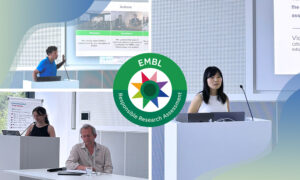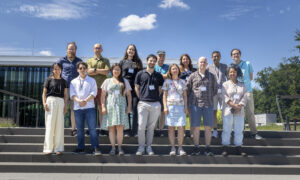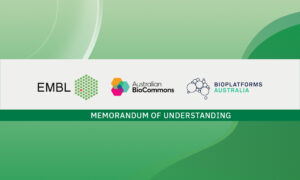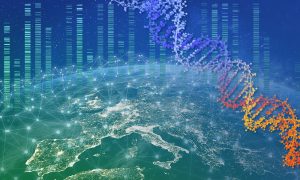
Estonia comes on board with prospect membership
Indrek Reimand of the Ministry of Education and Research discusses the life sciences in Estonia
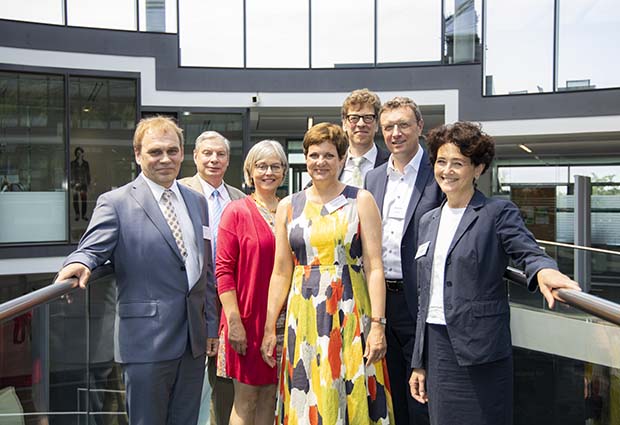
In June, Estonia joined EMBL as a prospect member state. EMBL representatives will travel to Tallinn and Tartu later this year to present to the Estonian research community the opportunities available in the context of this membership.
Dr Indrek Reimand, Deputy Secretary General for Higher Education, Research and Language Policy, gave a presentation on the life sciences in Estonia at a meeting of the EMBL Council on 25 June. Here he shares his views on science, EMBL, and his role as a policymaker.
How will the life sciences in Estonia benefit from prospect membership of EMBL?
We would like to increase our cooperation and access to research services and infrastructures, and to collaborate with different research groups. We want to benefit from the teaching and learning environment and the possibilities that are now opening up to us. Estonia is a small country and we can’t cover every possible field, so being part of a larger European organisation such as EMBL opens up more opportunities.
What are the existing connections between Estonia and EMBL?
Molecular biology is quite a strong field of research in Estonia, and several of our researchers have strong collaborative ties with EMBL peers. Estonian biologist Toivo Maimets was president of the European Molecular Biology Conference for some years. So we already have active cooperation with your community, your institutions, and your infrastructures.
What were the main points you highlighted in your presentation?
I gave an overview of Estonia’s research system. We don’t have sectoral research policies; rather, we mostly have academic research aimed at advancing general knowledge. Of course, we have some research on health, and meeting healthcare objectives. We have an impressive genome bank, which includes data from 15% of our population – it’s very broad. In principle, it’s connected to medical records, but there are challenges associated with anonymity and personal information.
How did you transition from a science background to your current role?
My background is in physics – optics and spectroscopy. I was active in solid-state physics. In Estonia, we have quite a good base in physics. Research was my favourite thing, and I still envy researchers! But now I’m doing research policy, so I’m trying to have a positive impact on society in that way. I still have a passion for science but I’m coming at it from a different direction now. We need researchers to go into business, into parliament, and into ministries, if research is to have an impact for the good of society. For small nations like Estonia, it’s very important to have international links as well, hence we look forward to participating in research projects of global impact through our EMBL membership.
